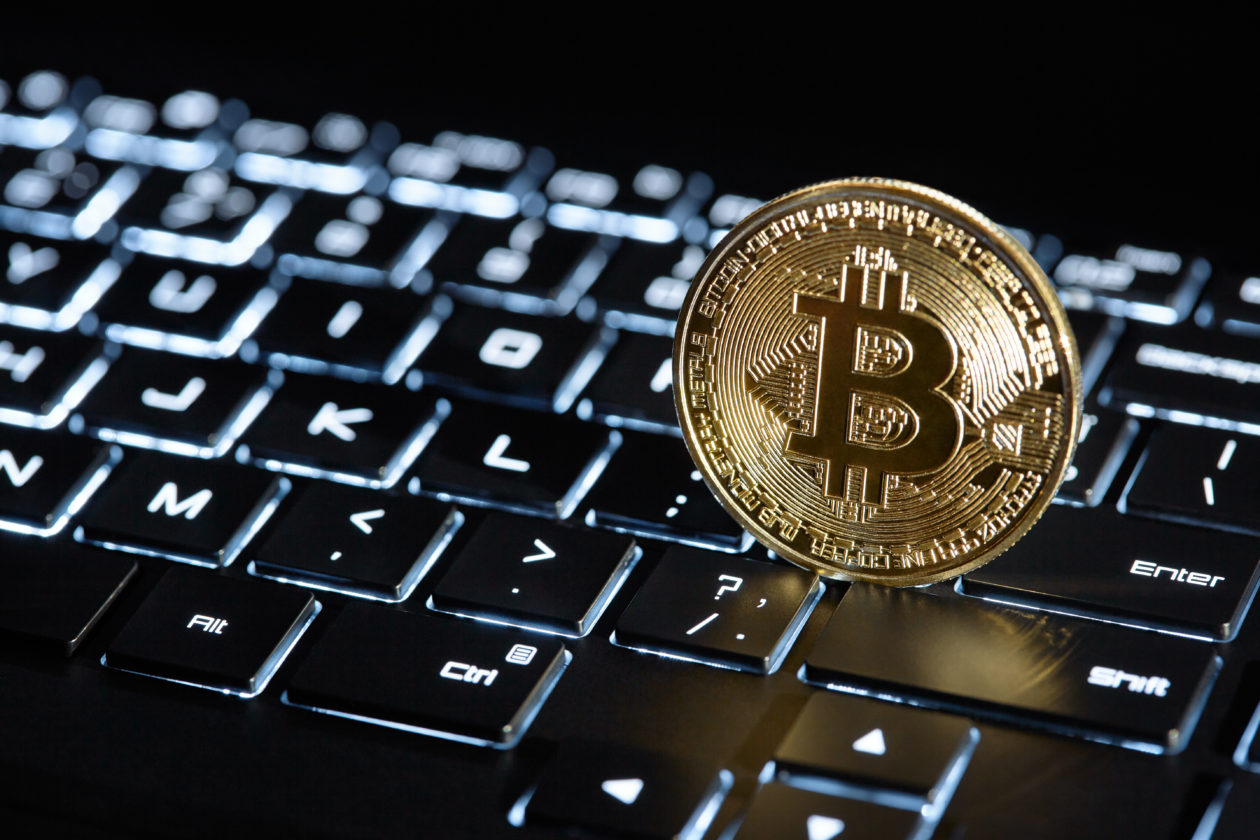India on Friday imposes a 1% tax on the sale and transfer of crypto assets in excess of 10,000 Indian rupees (US$126), a move that exchanges say will hasten an exodus of traders already hurting from other crypto levies.
The government argues the tax, to be deducted at source from July 1, is to track transactions to comply with anti-terrorism and anti-money-laundering rules.
Crypto exchanges argue back that trades can be tracked with a 0.1% tax and that the government already slapped a 30% tax on all crypto income from April 1 — without legislation to clarify the status of the asset.
“The objective of tracking transactions and transparency can very easily be achieved in other ways,” Sumit Gupta, cofounder of the CoinDCX crypto exchange, said on June 28 on his verified Twitter handle.
“Regulations are good for the crypto industry and a definite positive step. However, 30% taxation and 1% TDS is unfair,” Gupta added, referring to tax deducted at source.
Crypto traders have the possibility to claim refunds from taxes at source in annual income tax returns, but that will mean a wait till the end of the financial year to get access to that capital.
“In the crypto industry, traders and investors tend to buy and sell assets very often and the asset turnover is very high,” Vinay Tiwari, senior vice-president of finance at CoinDCX, told Forkast.
“A 1% TDS on every sale transaction is onerous for the industry as it will result in a lot of money getting blocked in the form of advance tax and will increase the working capital requirements of the traders and investors.”
See related article: Indians see future in crypto, government sees revenue, FM says
Chilling effect
Trading volumes at India’s major cryptocurrency exchanges slumped as much as 70% after the 30% tax kicked in on April 1, according to research by Crebaco. The government then added to the pain by announcing that losses on cryptocurrency cannot be offset with gains made elsewhere.

The 1% tax deducted at source is now expected to further drain liquidity from the system, and seems like a clear move by the government to target the asset class, said Pradeep Gooptu, a commentator on markets and former financial journalist.
“I fear that it will run the entire trading structure to the ground. This 1% TDS looks like an act of unseemly haste, at a time when a group of experts is preparing a position paper for this sector,” Gooptu said.
See related article: India to make life hell for crypto investors: MP
The drop in trading activity is also a result of the slump in both crypto and equity markets, so “introducing a 30% tax this financial year initiated a significant volume fall,” said Zanmai Labs Pvt. Ltd. vice president Rajagopal Menon.
“There may be another dip (after July 1) as traders see their capital getting locked,” Menon told Forkast, whose firm operates WazirX.com, an Indian cryptocurrency exchange backed by Binance.
See related article: Coinbase halted India services due to RBI’s ‘informal pressure’: Armstrong
Revenue loss
With most crypto exchanges depending on trading fees as a source of revenue, a drop in daily trade volume will dent income.
“This (1% tax) may not significantly affect the short term, medium term or long term traders who are holding it for a few months, to a few quarters or a few years. But it will significantly affect the daily traders,” said Sathvik Vishwanath, chief executive officer of crypto exchange Unocoin.
For all the grim outlook, Ashish Singhal, cofounder and chief executive officer of the CoinSwitch crypto exchange, said it’s a down cycle now, but he remains bullish on the long-term potential of crypto in India.
“The technology has crossed a threshold,” Singhal told Forkast.
“Crypto provides India with a unique opportunity to shape and lead the technological shift that is playing out. The country has the talent, startup culture, mobile-first users, and the digital infrastructure that is required.”





